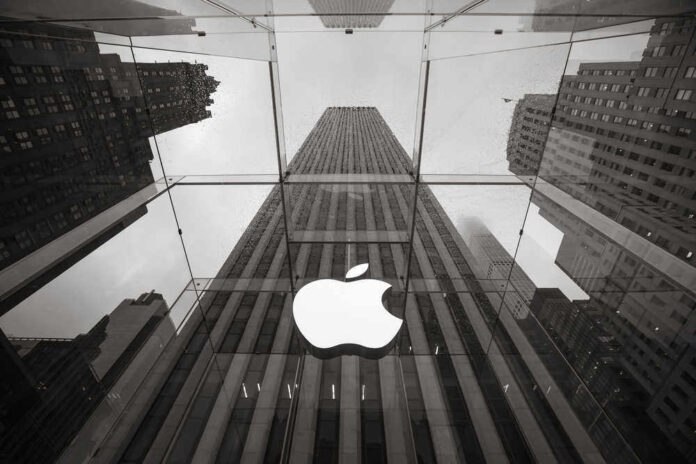
In a landmark decision, Apple Inc. consented to a $25 million settlement with the U.S. Department of Justice (DOJ), acknowledging a hiring practice deemed discriminatory against U.S. citizens and permanent residents in favor of immigrant workers. This agreement signals a pivotal moment for employment equity, underscoring the need for adherence to federal hiring regulations.
The DOJ’s allegations pointed to Apple’s failure to recruit U.S. citizens or permanent residents for positions within the permanent labor certification (PERM) program which allows employers to sponsor immigrant workers for green cards. As a result, Apple violated federal law prohibiting citizenship discrimination.
Apple agrees to record $25 million discrimination settlement for hiring immigrants over US citizenshttps://t.co/S3q5hudpwMhttps://t.co/S3q5hudpwM
— The Post Millennial (@TPostMillennial) November 10, 2023
In what the DOJ has described as the largest settlement of its kind, Apple is tasked with paying $6.75 million in civil penalties and $18.25 million to an unspecified number of affected workers. The resolution is a clear message that creating unlawful barriers in the job market is unacceptable, as expressed by Kristen Clarke, Assistant Attorney General of the DOJ’s Civil Rights Division. Clarke emphasizes that the Civil Rights Division is committed to eradicating illegal discriminatory employment practices.
Apple, which employs over 90,000 individuals in the U.S., expressed that the oversight was unintentional and affirmed its commitment to compliance with government requirements. “We have implemented a robust remediation plan to comply with the requirements of various government agencies as we continue to hire American workers and grow in the U.S.,” an Apple spokesperson stated.
As part of the settlement, Apple has agreed to overhaul its recruiting procedures for PERM positions to align with its standard hiring practices. This includes broader recruitment efforts and training for employees on anti-discrimination laws. These measures are a step forward in ensuring that all job seekers have fair access to employment opportunities, regardless of citizenship status.
The implications of Apple’s settlement extend beyond the tech giant, serving as a cautionary tale for other corporations to examine their hiring processes rigorously and to foster a recruitment environment that prizes fairness and equality. It’s a reminder that even industry leaders must vigilantly uphold the principles of non-discrimination and that the government will hold to account those who falter.
This settlement serves as a potent reminder that pursuing diversity in the workforce should never compromise the principles of equal opportunity for American citizens and those who hold permanent residency.
The tech industry, often at the forefront of innovation and progress, now faces a critical introspection on its hiring ethics. This settlement with Apple may be the tip of the iceberg, prompting a broader dialogue on equitable hiring practices that resonate with the values of a fair and just society.














